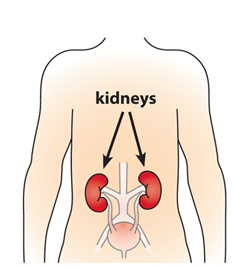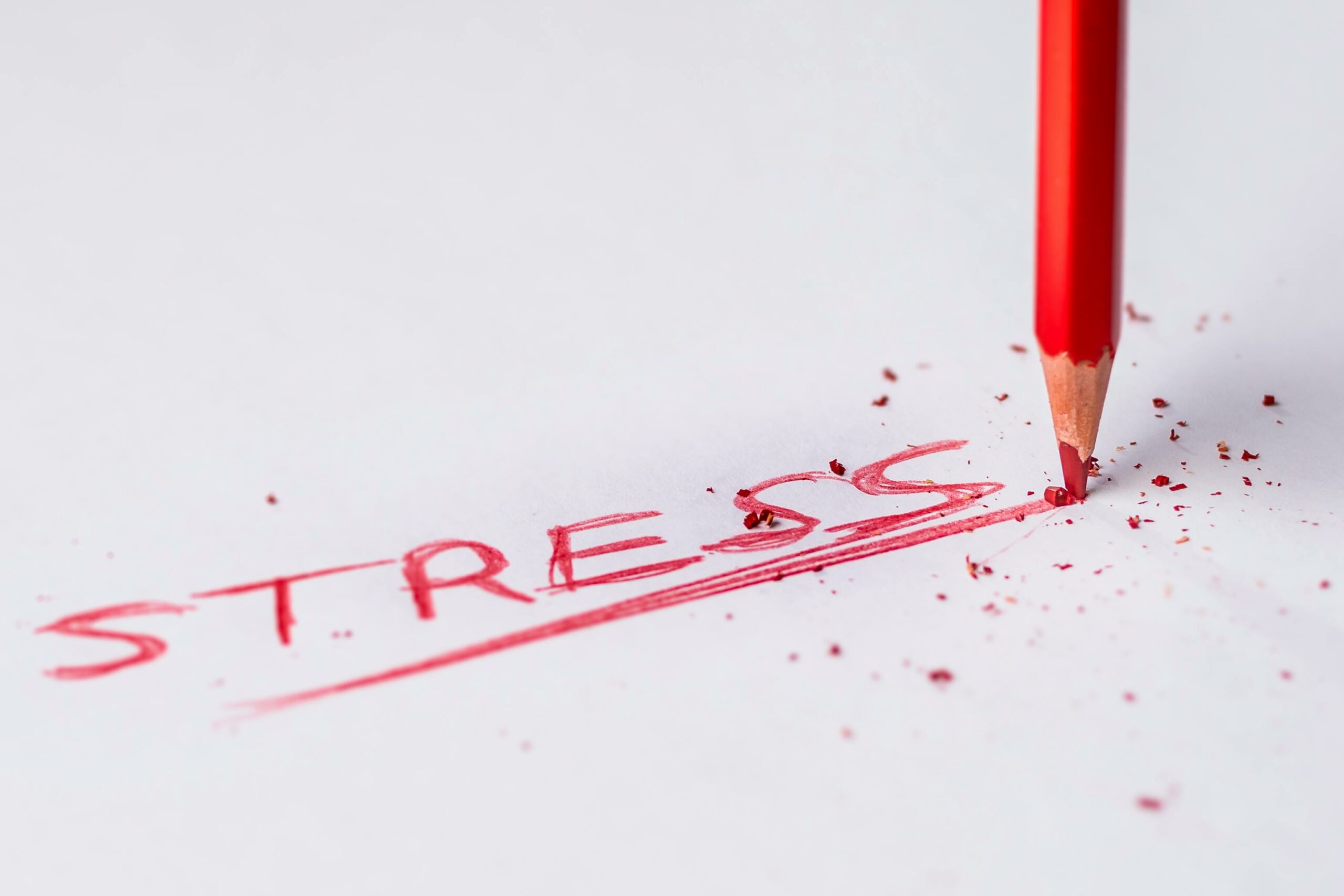Are You Giving Your Kidneys a Second Thought?
Category: Healthy Nutrition

I ask that question because frankly I never did until the day I was suddenly experiencing severe high blood pressure and the doctors immediately began to check my kidneys. According to the National Kidney Foundation, stress and uncontrolled reactions to stress can also lead to kidney damage. As the blood filtering units of your body, your kidneys are prone to problems with blood circulation and blood vessels. High blood pressure and high blood sugar can place an additional strain or burden on your kidneys. Looking back, I can see that I was not coping with the stresses of my life at that time, and, as a result, high blood pressure took its toll. Thankfully, my kidneys were spared.
I began this discussion because March is National Kidney Month and it is good to be proactive with our health. The following diseases are the ones which can create kidney problems:
44 percent of people starting dialysis have kidney failure caused by diabetes. It is actually the leading cause of kidney failure. Other diseases that contribute to kidney failure are high blood pressure (second leading cause of kidney failure) and heart disease. A family history of kidney failure also contributes. Early kidney disease has no signs or symptoms.
So how can we keep our kidneys healthy? According to NKDEP (National Kidney Disease Educational Program), these are the suggestions: The most important thing is to get your blood and urine checked for kidney disease and manage your diabetes, high blood pressure, and heart disease. They then suggest the following:
- Keep your blood pressure at the target set by your healthcare provider. This can delay or prevent kidney failure.
- If you have diabetes, control your blood glucose level.
- Keep your cholesterol levels in the target range.
- Take medicines the way your provider tells you to. (Important! Certain blood pressure medicines called ACE inhibitors and ARBs may protect your kidneys. Ask your health care provider for more information.)
- Cut back on salt. Aim for less than 1,500 milligrams of sodium each day.
- Choose foods that are healthy for your heart: fresh fruits, fresh or frozen vegetables, whole grains, and low-fat dairy foods.
- Limit your alcohol intake.
- Be more physically active.
- Lose weight if you are overweight.
- If you smoke, take steps to quit. Cigarette smoking can make kidney damage worse.
And, of course, whether your goal is to prevent heart and/or kidney disease, or improve your health while living with heart and/or kidney disease, managing stress is an important part of maintaining your overall health. Go here for some great tips on relieving stress in your life.
So today I am giving my kidneys a second thought and am actively following all of the above tips. How about you? Perhaps this post will encourage you to be proactive as well and maintain healthy kidneys throughout your lifetime.



Facebook Comments